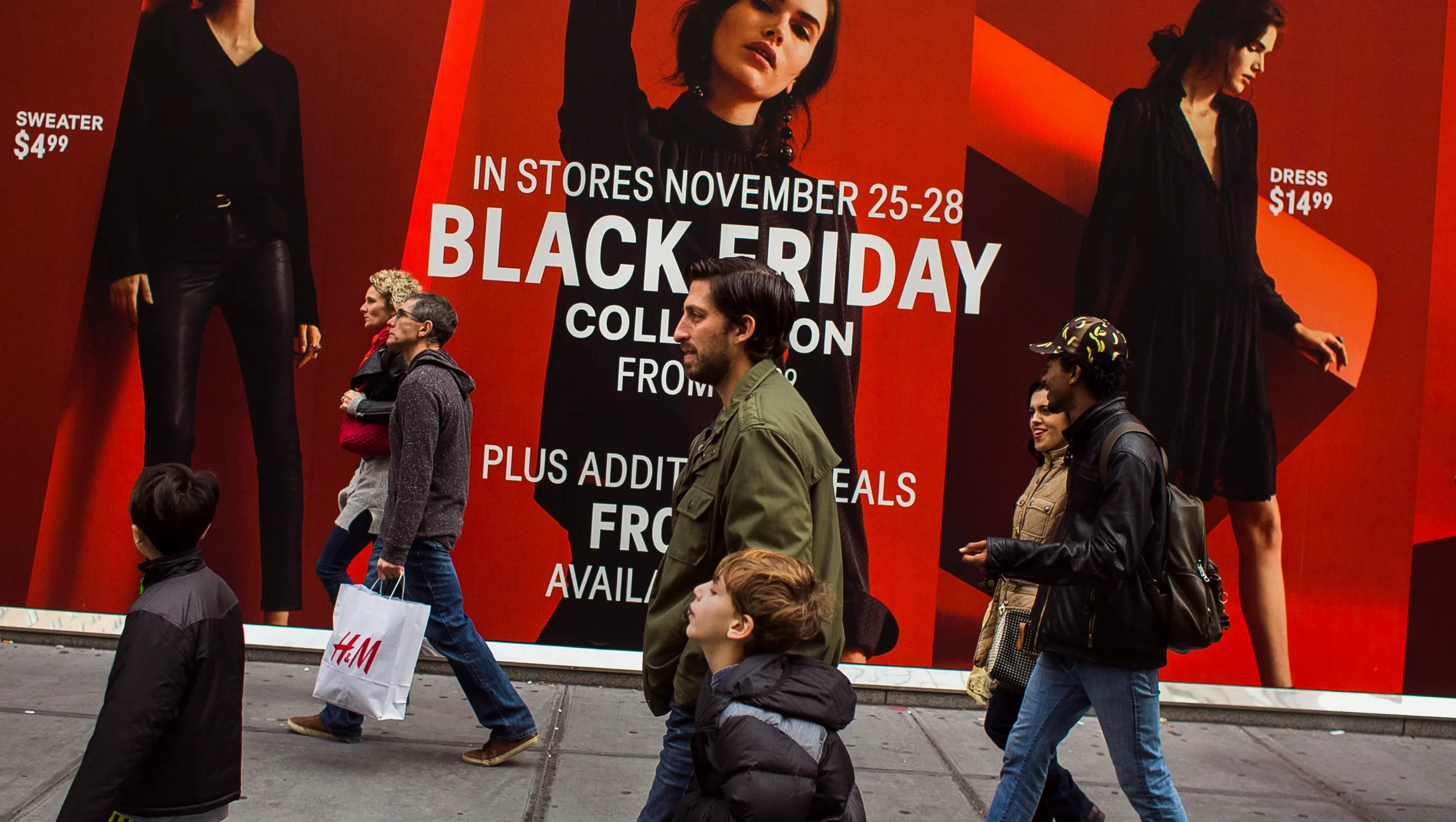By Sofia Garrigo
Last Friday the nation observed “Black Friday” and on Monday “Cyber Monday”. These official shopping days are when retailers release large discounts on many of their products. But after the COVID-19 pandemic, supply chain back-ups, and growing unemployment retailers are changing tactics this holiday season.
With the growing unemployment crisis, many are unwilling to spend on unnecessary purchases and as supply chains are restocking all the products that weren’t available last year. Retailers are stuck trying to sell all their old products to a low demand — now with high prices.
Friday the the 25th and Monday the 28th saw the highest ever recorded sales in retailers and manufacturers. Although the public is buying, the demand is still low compared to the overstocked inventories retailers are trying to sell. The high prices this year, might result in your Secret Santa present being a nice card and maybe a gift card.
Retailers such as Target, Kohls, Macys, and Nordstrom have been suffering in sales. Insider reports that stores like Lululemon, Dick’s Sporting Goods, Ulta, and other stores which cater to those of a higher tax bracket are showing better-than expected sales, this season. This division is leaving many families wondering whether they can really afford their child’s Christmas list.
Though the in-store deals are large this year, many of the discounts offered by retailers are geared to web-based shopping. Last weekend, The Economist reported that a record breaking $11.3 billion were spent during the Cyber Monday deals. So what does this mean? Are there better deals online that just aren’t available when shopping in-person. That isn’t quite the reason. Monday’s deals weren’t much different, or even any better than the discounts released on Friday. But, after the COVID-19 pandemic, many families have switched to shop online more. Meaning although the deals were better in-person, people opted to pay a higher price to stay at home.
Adobe Analytics charted that about $5 billion dollars were spent on Black Friday and, the already stated, $11.3 billion dollars on Cyber Monday. Adding in the added revenue on the days before and in-between the two days. The United States is estimated to spend $201.1 billion dollars this season. These estimations may not come to be, as retailers begin to raise prices to empty their storage. Shoppers are starting to buy less. This low demand and high price increase will begin to affect the stores stated earlier such as Lululemon and Ulta, causing even these stores to see a drop in seasonal revenue.
So, if you plan to celebrate with friends, are building your christmas list, or shopping for family, this year might be the year the amount of presents under the tree might start to dwindle.






Be First to Comment